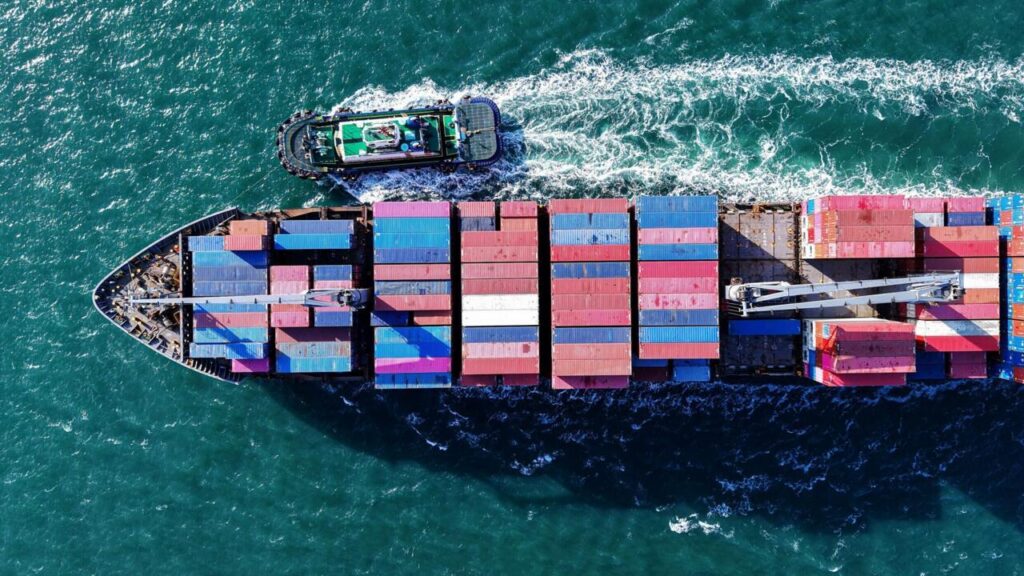The sharing economy has revolutionized industries by optimizing asset utilization, reducing investment costs, and fostering collaboration. Companies like Uber have demonstrated its potential, but could this model work for the traditionally rigid shipping industry?
While shipping may seem resistant to such innovation, container shipping already operates on a sharing principle. Through vessel sharing agreements and alliances, global carriers pool resources, with three major alliances controlling 95% of East-West trade. This collaborative approach has reshaped the industry, but its impact on port governance is often overlooked.
For decades, the landlord port model has dominated. Public port authorities manage infrastructure while private operators handle cargo. This model, promoted by the World Bank, now faces challenges from mega-ships and powerful alliances. These massive vessels create cargo peaks requiring disproportionate resources, straining terminal profitability.
Terminals face a dilemma: invest heavily to serve alliance partners or risk losing critical business. The solution may lie in extending the sharing economy to port assets. Imagine terminals pooling cranes, equipment, yard space, and labor—resources could be allocated dynamically to handle peaks without overburdening individual operators.
This shared model works best for adjacent terminals, where physical barriers can be removed to allow resource flow. Even for separated terminals, shared depots and labor pools could improve efficiency. The result might be a new “private tool-port” model, where competitors cooperate to optimize shared assets.
Realizing this vision requires regulatory flexibility. If shipping alliances enjoy antitrust exemptions, why not extend similar provisions to terminals? Policy consistency demands equal treatment for both sectors. The sharing economy transformed shipping—it’s time to let it reshape ports as well.


